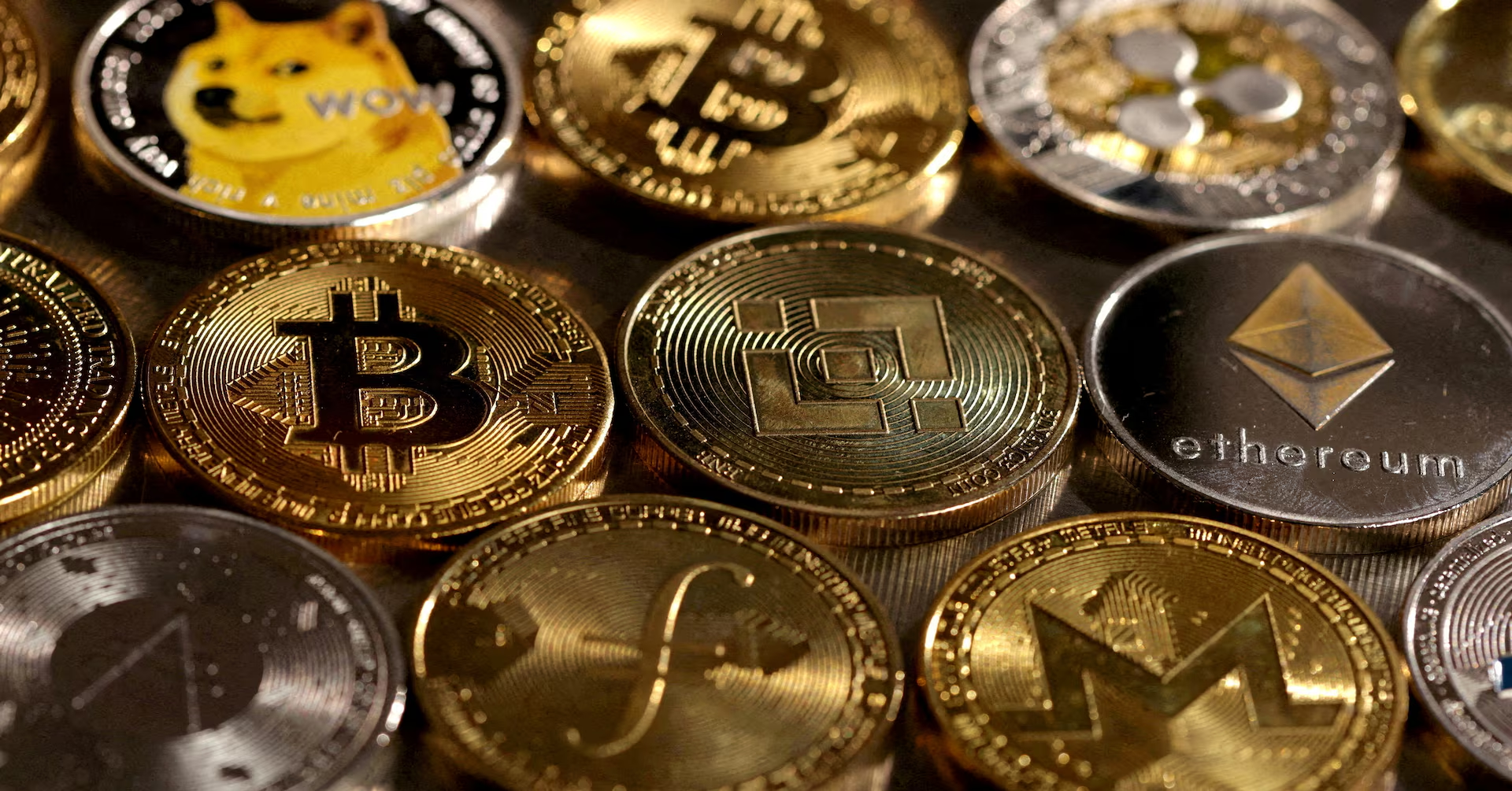There has been much talk about the role of financial secrecy in allowing Indians to evade tax as well as launder black money to international locations.
This has been the premise of Prime Minister Modi’s visit to Switzerland last week to unveil hidden Swiss Bank accounts held by Indians. But what can really change?
It’s not about what’s spilled but about what’s flowing out now-
The focus of discussions on black money has always revolved around the premise that the money should be brought back to the economy and re-invested for our Nation’s progress.
The fact is, the problem lies in the secrecy and self-governance of jurisdictions like Switzerland, where one cannot identify whose money flows in or out. Besides, most of the laundered money may already be syphoned as investments through tax-havens like Mauritius or be re-invested in shell companies abroad; again making the money or its investors untraceable.
No one will comply
It is not like the Prime Minister will readily be given the information he asks for. The Government of India has approached Switzerland in the past to share information on the basis of corruption and money laundering, but to no good cause. The OEDC (Organisation for Economic Cooperation and Development) is a body of 34 advanced economies that govern the exchange
The OEDC (Organisation for Economic Cooperation and Development) is a body of 34 advanced economies that govern the exchange on information on bank accounts. The standards of information exchange have been
The standards of information exchange have been blur until recently where improvements to the system now allows retrieval of information on an automatic basis. In order to get this information, nations will need to sign a treaty for the dual-channel exchange of information. The trouble is, only countries that stand to benefit from each other will get into such agreements, leaving jurisdictions like Switzerland to turn India down once again if it has nothing to gain. More importantly, the exchange of information governed by the OEDC relates with variables that affect tax-evaders and not money launderers.
In order to get this information, nations will need to sign a treaty for the dual-channel exchange of information. The trouble is, only countries that stand to benefit from each other will get into such agreements, leaving jurisdictions like Switzerland to turn India down once again if it has nothing to gain. More importantly, the exchange of information governed by the OEDC relates with variables that affect tax-evaders and not money launderers.
The trouble is, only countries that stand to benefit from each other will get into such agreements, leaving jurisdictions like Switzerland to turn India down once again if it has nothing to gain. More importantly, the exchange of information governed by the OEDC relates with variables that affect tax-evaders and not money launderers.
Institutional change
India along with other developing Nations have been urging the UN Tax Committee to make the governance and policy making process an intergovernmental commission. This will allow developing countries to have a say in important arrivals like international tax standards. Unlike OEDC which is a closed-network group, the UN Tax Committee stands before the members of Nations from across the Globe, including developing ones.
This will allow developing countries to have a say in important arrivals like international tax standards. Unlike OEDC which is a closed-network group, the UN Tax Committee stands before the members of Nations from across the Globe, including developing ones.








Add Comment